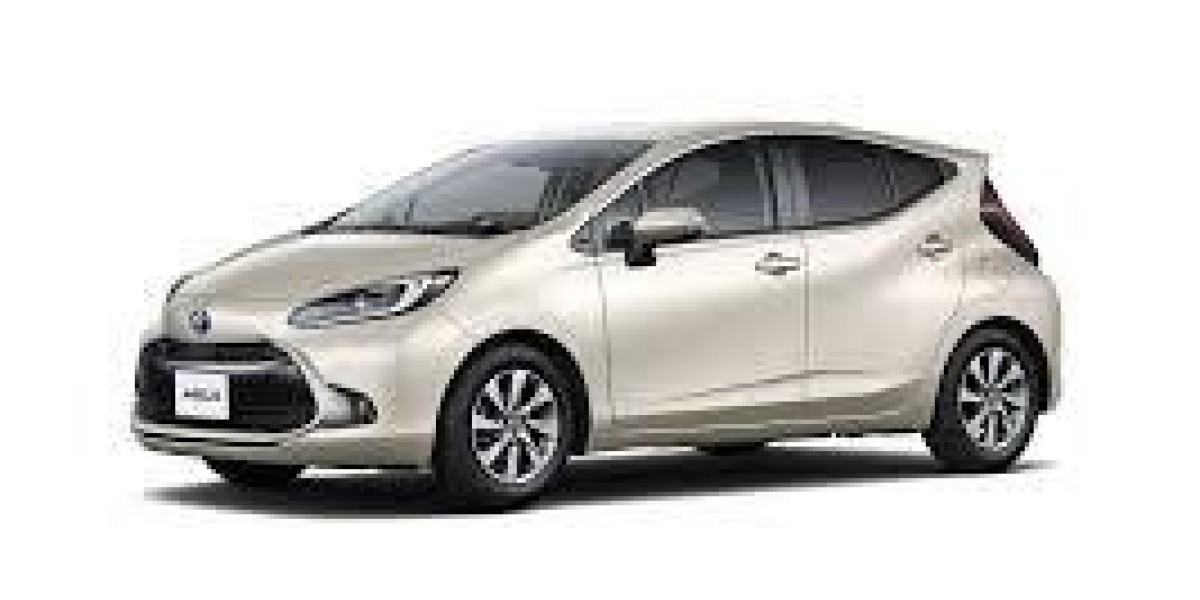Tracking systems have a wide range of applications across various industries and fields. These systems use technologies like GPS (Global Positioning System), RFID (Radio-Frequency Identification), sensors, and software to monitor and collect data about the location, movement, and status of objects or individuals. Here are some common uses of tracking systems:
Vehicle Tracking: Fleet management companies use vehicle tracking systems to monitor the real-time location, speed, and route of vehicles. It helps optimize logistics, improve delivery efficiency, and enhance driver safety.
Asset Tracking: Businesses use asset tracking systems to keep track of valuable assets, such as equipment, machinery, and tools. This ensures better asset utilization, reduces loss or theft, and improves maintenance scheduling.
Personal Tracking: GPS-based trackers are used to monitor the location of individuals, such as children, elderly people, or employees working in hazardous environments, to ensure their safety.
Wildlife and Animal Tracking: Researchers and conservationists use tracking systems to monitor wildlife movements, migration patterns, and behavior. These trackers are attached to animals and provide valuable ecological data.
Package Tracking: Logistics and shipping companies use tracking systems to monitor the movement of packages and provide real-time delivery updates to customers.
Inventory Tracking: Retailers and warehouses use tracking systems to manage inventory levels, track stock movement, and prevent stockouts or overstocking.
Environmental Monitoring: Tracking systems are used to collect data on environmental parameters, such as temperature, humidity, air quality, and water levels. This information is crucial for studying climate change and environmental trends.
Health and Fitness Tracking: Wearable fitness trackers and health apps monitor activities, heart rate, sleep patterns, and other health-related metrics to help individuals track their fitness progress and make healthier choices.
Construction Site Tracking: Construction companies use tracking systems to monitor the movement of equipment and personnel on construction sites, ensuring better project management and safety.
Parcel and Mail Tracking: Postal services and courier companies use tracking systems to monitor the delivery status of parcels and mail, enabling customers to track their shipments in real-time.
Employee Time and Attendance Tracking: Time tracking systems are used by businesses to monitor employee work hours, attendance, and overtime for accurate payroll processing.
Agriculture and Farming: In precision agriculture, tracking systems are used to monitor soil moisture, crop health, and machinery movements, optimizing agricultural practices and increasing efficiency.
Overall, tracking systems offer valuable insights, improve operational efficiency, and enhance safety and security across various industries and activities. However, it's important to use these systems responsibly, respecting privacy and data protection concerns.
also see:
















